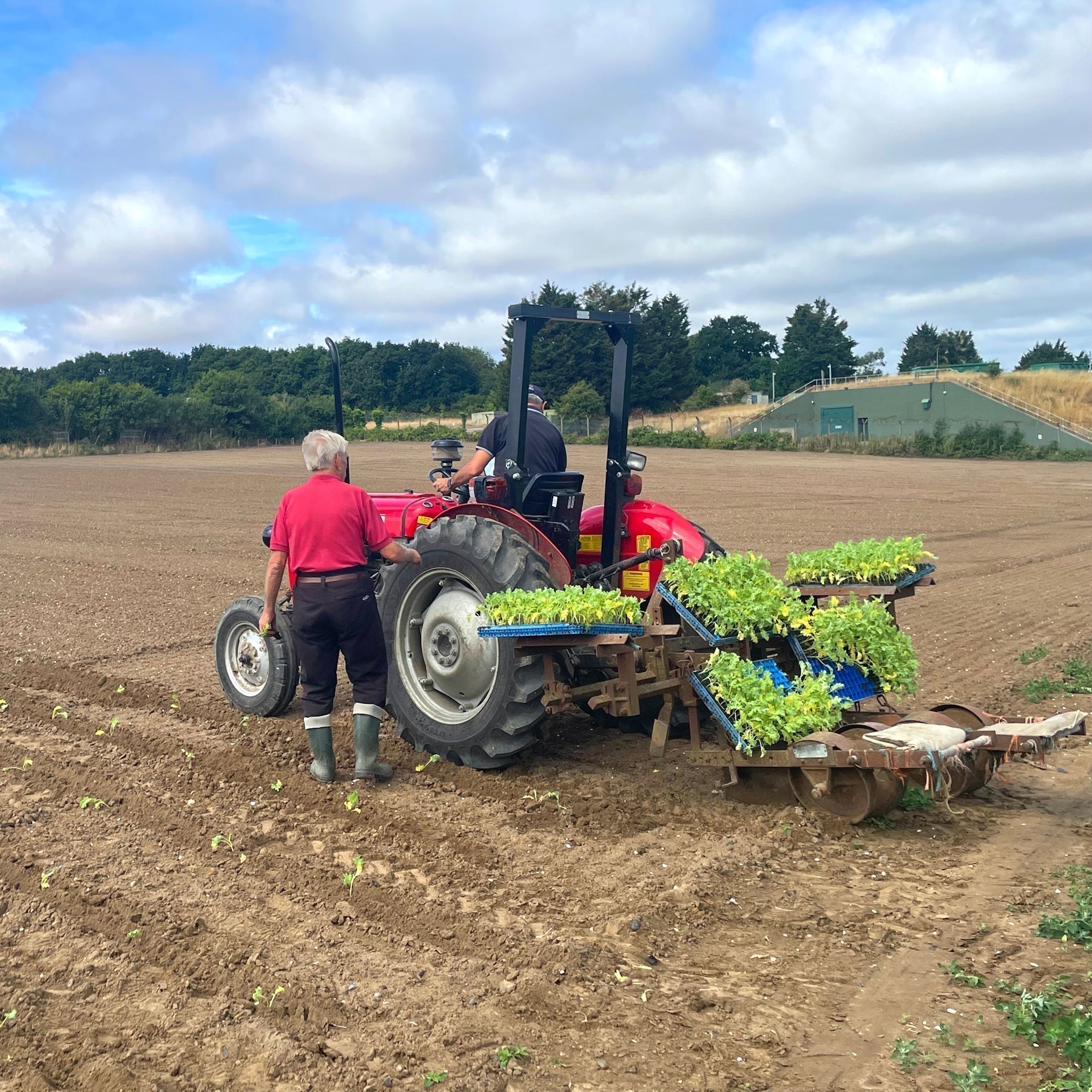
How Your Money Supports Kent Farmers & The Rural Economy
We are proud at KVB that we only buy our veg, and 95% of our other produce, from Kent farmers and producers. No ifs, no buts.
Everyone understands it makes common sense to buy locally. But Why?
There have been several studies completed in the UK as well as the US & Scandinavia.
They all come to a similar conclusion.
Money spent local stays local.
In our case :
Money Spent in Kent Stays in Kent
Of course this isn't 100%, there is always a leak in the bucket, taxes for example. What is also true though, as shown in the studies, is that the smaller the business the smaller the leaks in the bucket.
These studies introduced the concept of the 'Leaky Bucket' and also the Money Multiplier (MM)', based on concepts invented by economist JM Keynes.
The MM showed that as local businesses spend more locally with similar businesses (less leaks in the bucket) than bigger companies the money spent, in effect, swirled around in the local economy, so having a greater affect....locally.
Great theory - makes sense right? So they completed some studies to quantify this, and prove it.
The Local Money Multiplier Study
In one example (HERE) that looked at the hotel economy in Tayside. it compared national chain hotels and local B&Bs. They looked at the spend of each business, who they spent with (local v national) and who their suppliers spent with. And so on.
The types of expenditure compared included food, linen, laundry, decorating. The B&Bs spent 80% locally in these areas, the Hotels 20%.
This makes sense, B&Bs use the local baker, Hotels use national food service companies.
If you then look at where the suppliers spend their money, and so on, you are able to quantify the effect, known as the Local Multiplier, and if you look at the first 3 rounds of spend (80% of the effect) you get a Local Multiplierx3 (LM3).
Still with me? Lets look at the Tayside results...

- Tourist Spend is the amount spent by tourists. Based on per £100k for B&Bs it shows tourists in chain hotels spend more.
- Local Spend 1 shows how much of that spends is spent locally. 80% for B&Bs, 20% for Hotels.
- Local Spend 2 shows how much of Local Spend 1 is then spent again locally (50% for both)
- LM3 is then then the Total Spend/Tourist Spend to give us a simple ratio
Results:
The results show that for every £1 spend in a B&B in Tayside, £2.20 circulates in the local economy. For every £1 spent in a chain hotel in Tayside, £1.30 circulates in the local economy.
So despite big hotels bringing in more money than B&Bs, the latter have more impact locally. In this case by nearly 70% more.
The study has been completed on may other areas, with similar results. Some local Veg Box schemes were used too, showing LM3s from 1.8 to 2.5.
Conclusions:
The studies provide clear evidence, backed up by real examples, that spending your money with small local businesses, that generally support other local businesses, significantly increase the money circulating locally compared to spending with national companies.
National companies have national pressures, and get national if not international solutions.
In our case, using 100% Kent Farmers and Producers, we are confident that


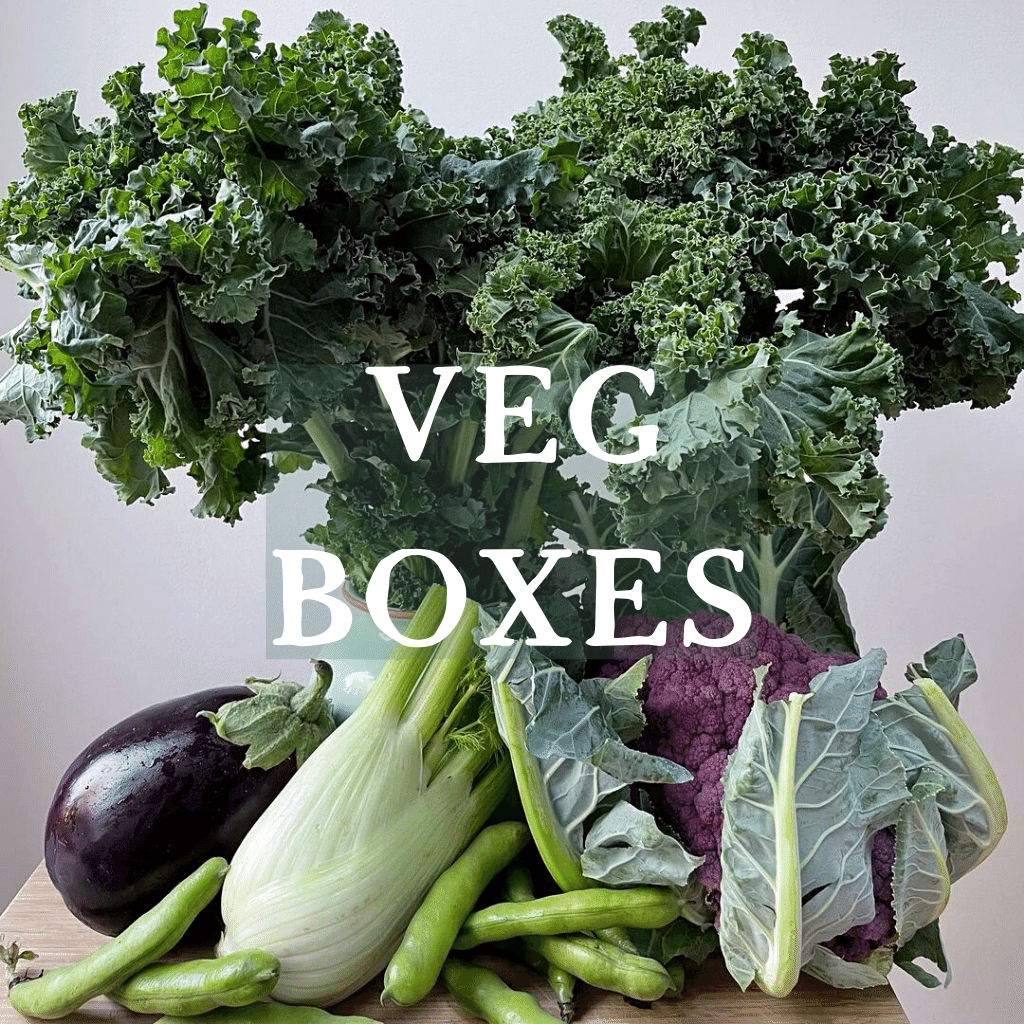
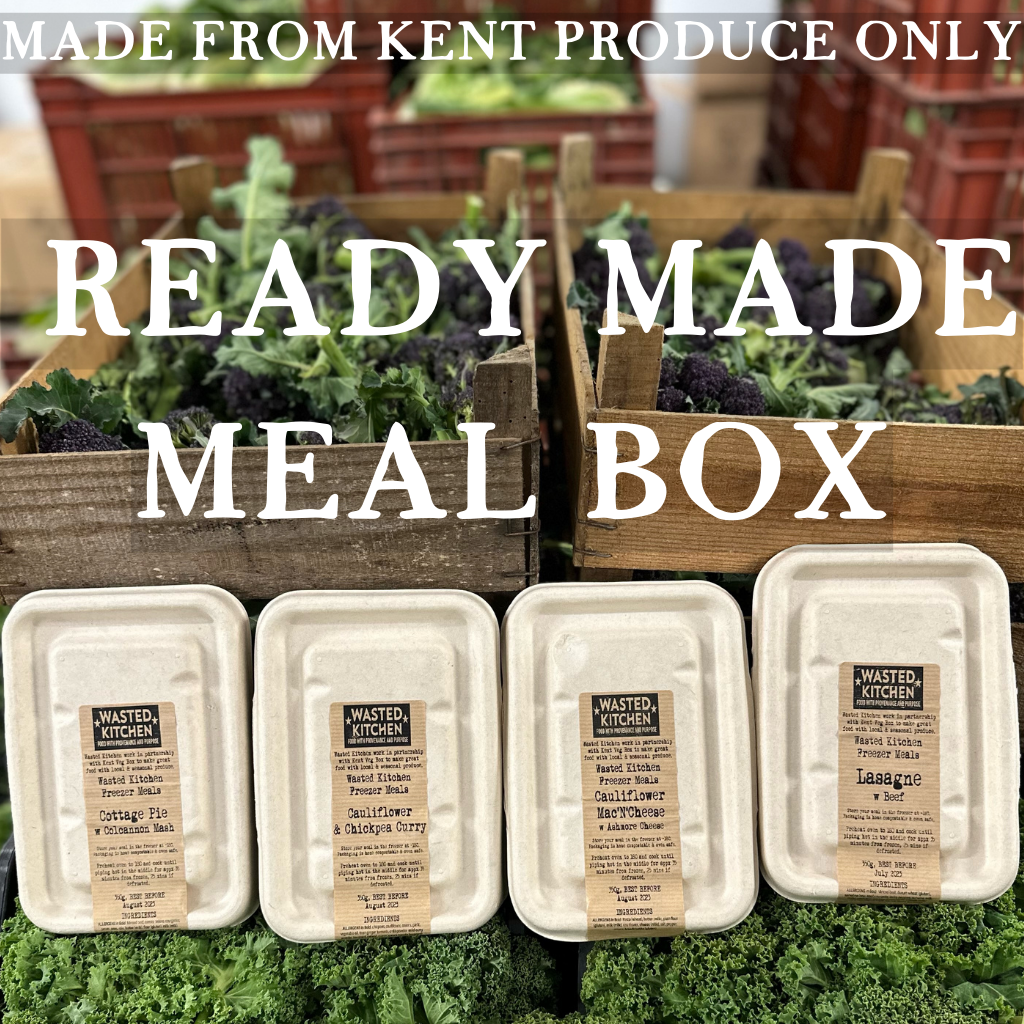
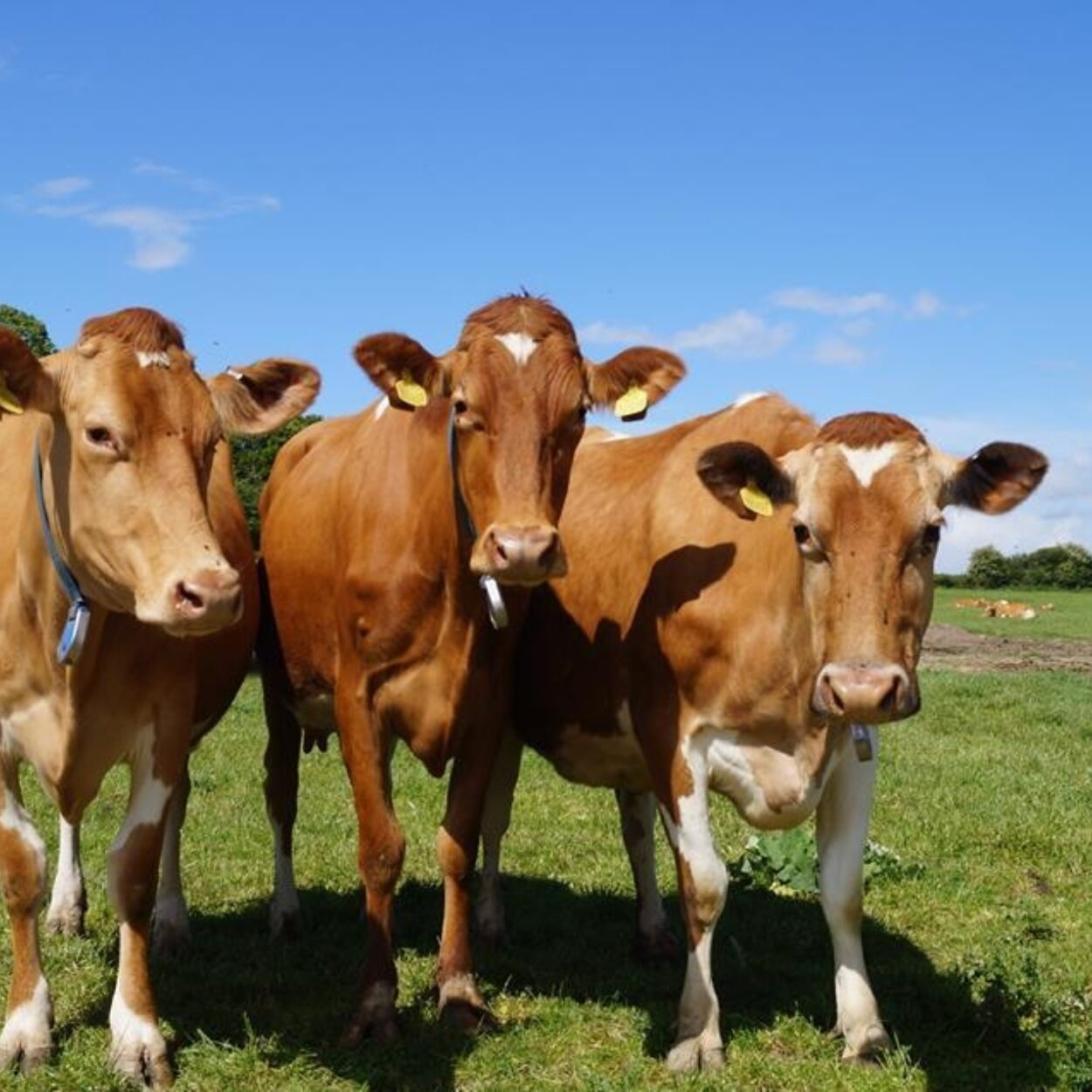
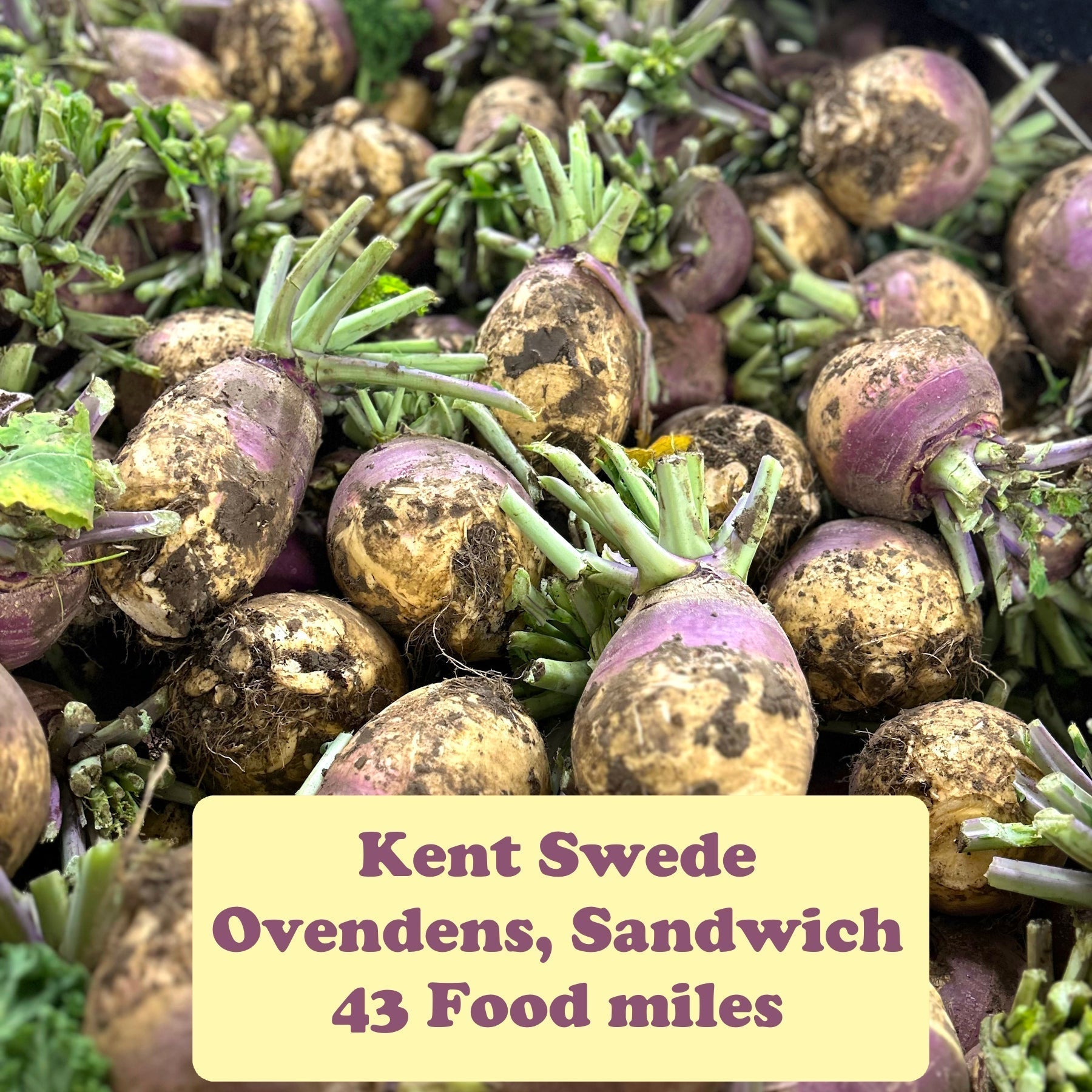
Leave a comment
This site is protected by hCaptcha and the hCaptcha Privacy Policy and Terms of Service apply.